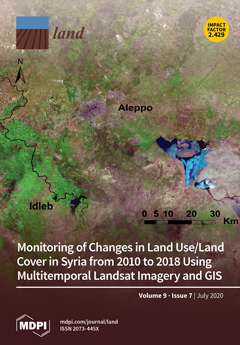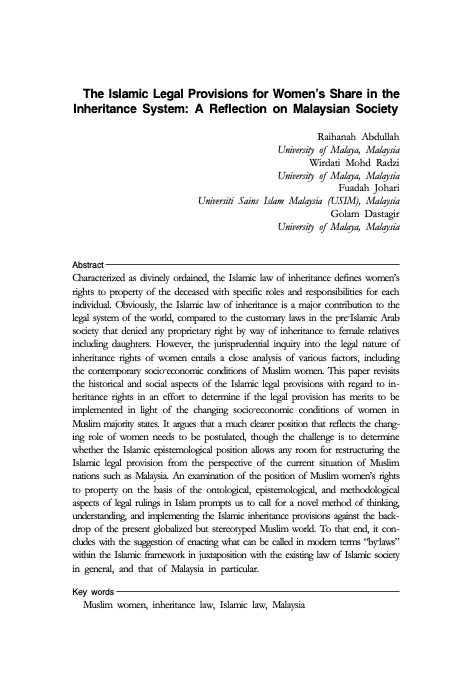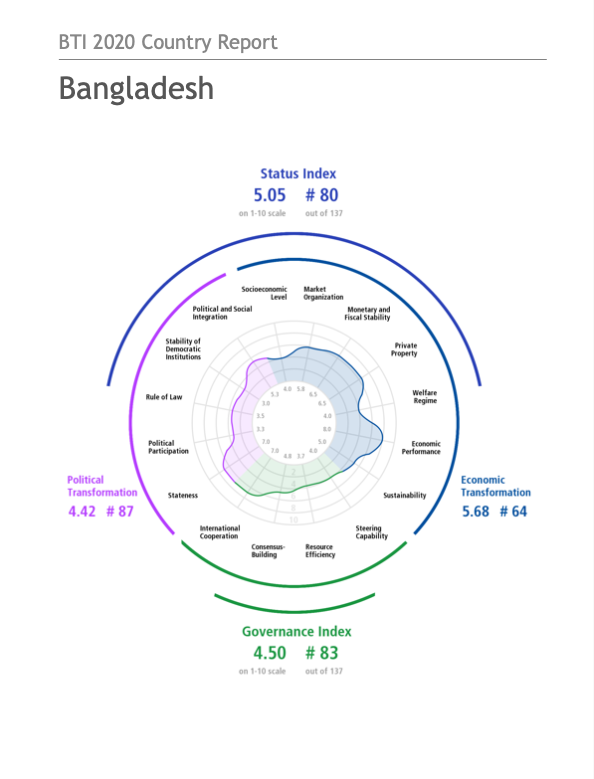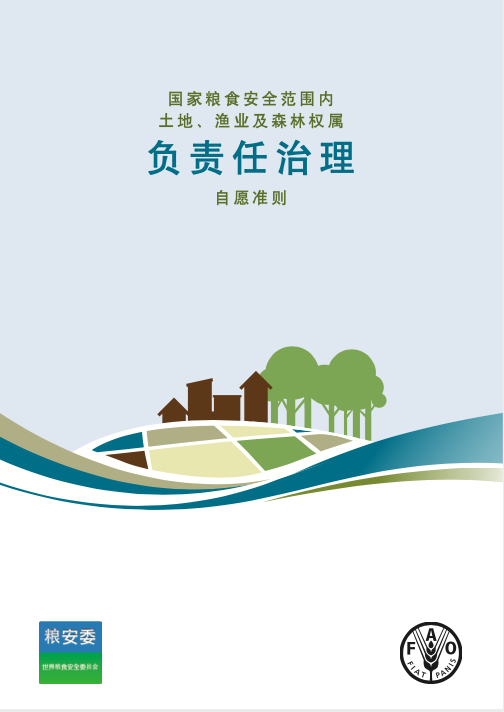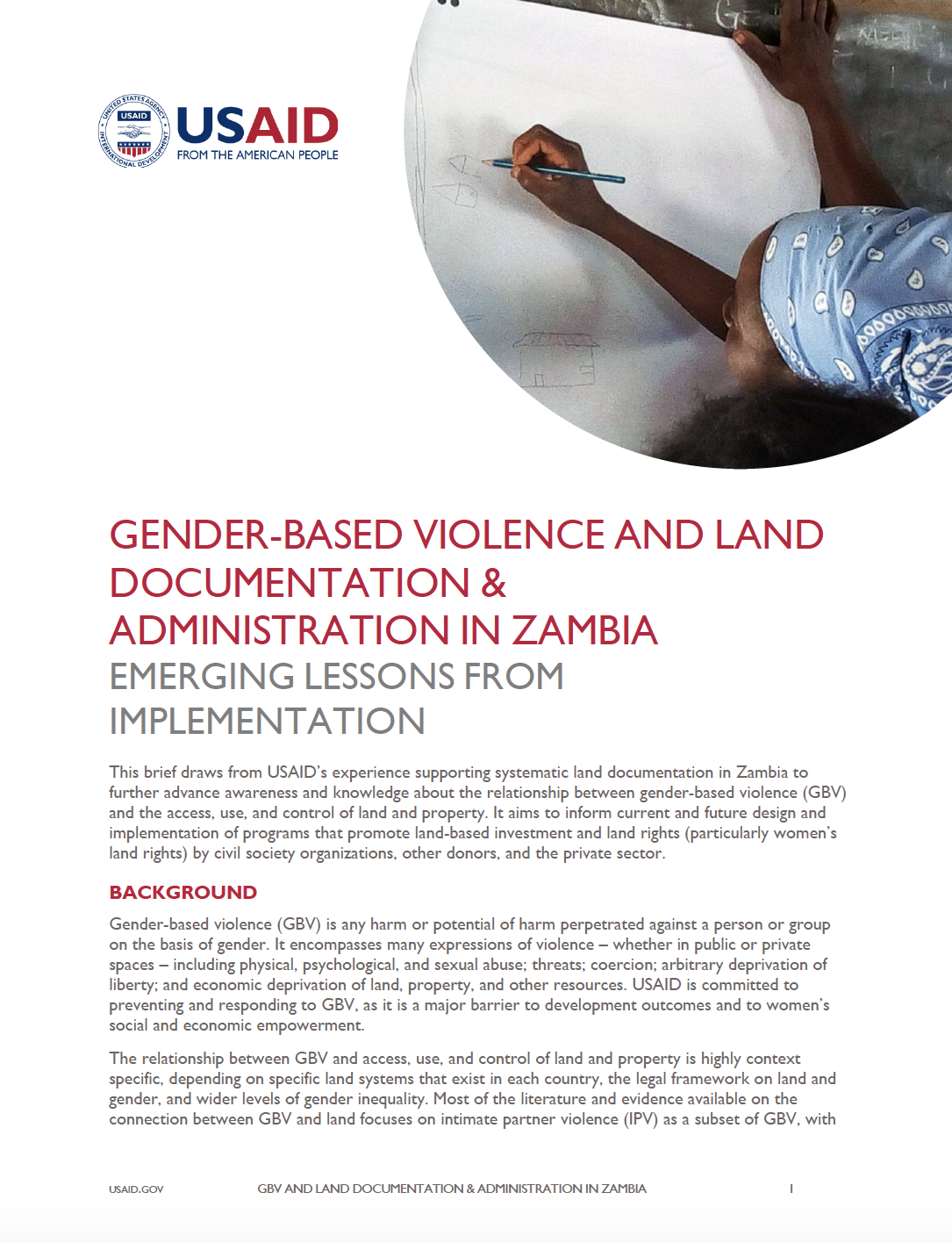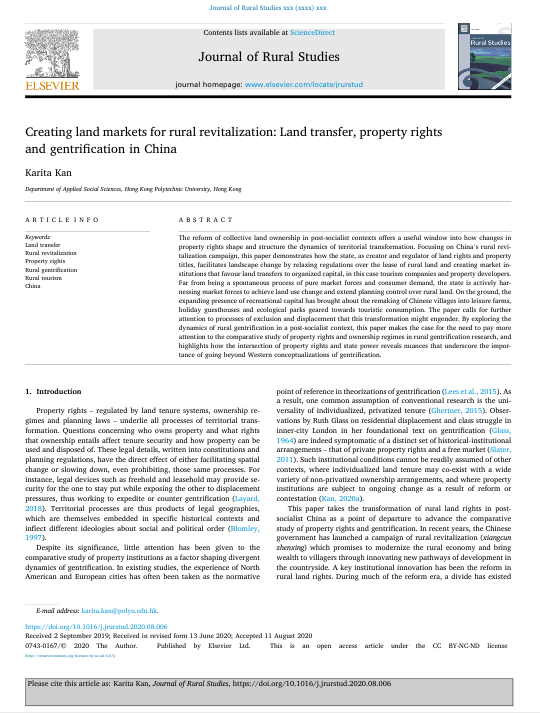Mapping for investability: remaking land and maps in Lesotho
Maps are instrumental in the commodification of land and its exchange in markets. The critical cartog- raphy literature emphasizes the ‘‘power of maps” to (re)define property relations through their descrip- tive and prescriptive attributes. But how do maps work to achieve these outcomes? This paper examines the notion of maps as ‘‘inscription devices” that turn land into a commodity that can be bought and sold by investors. It is based on the analysis of a land reform project in the Southern African country of Lesotho.




